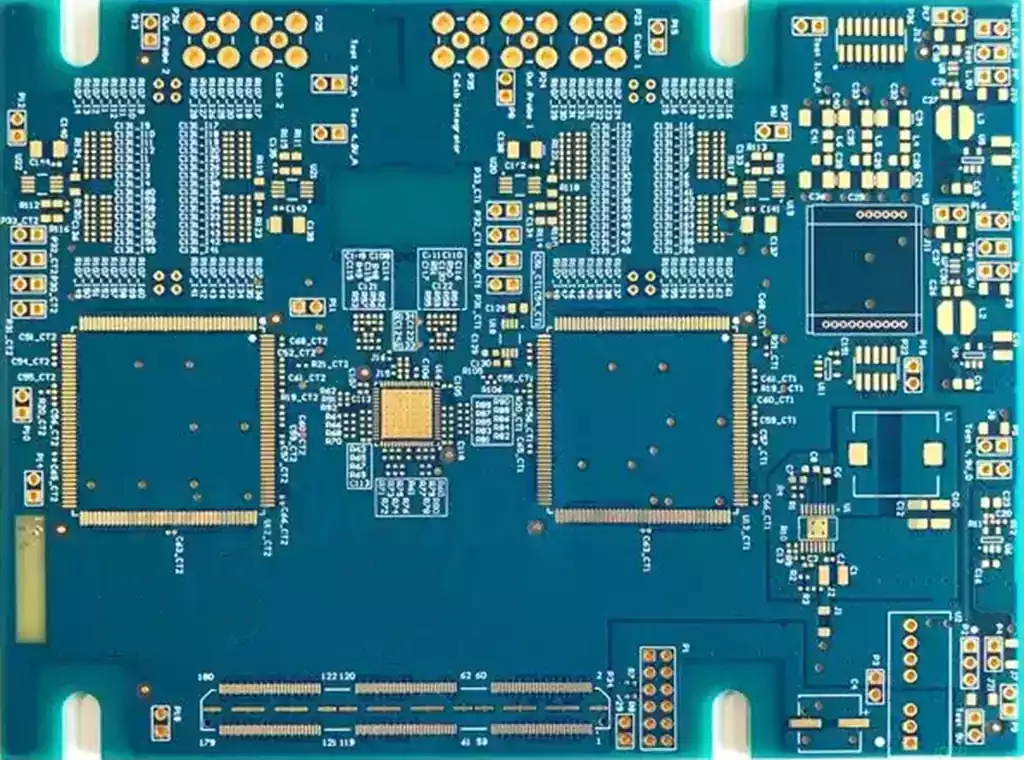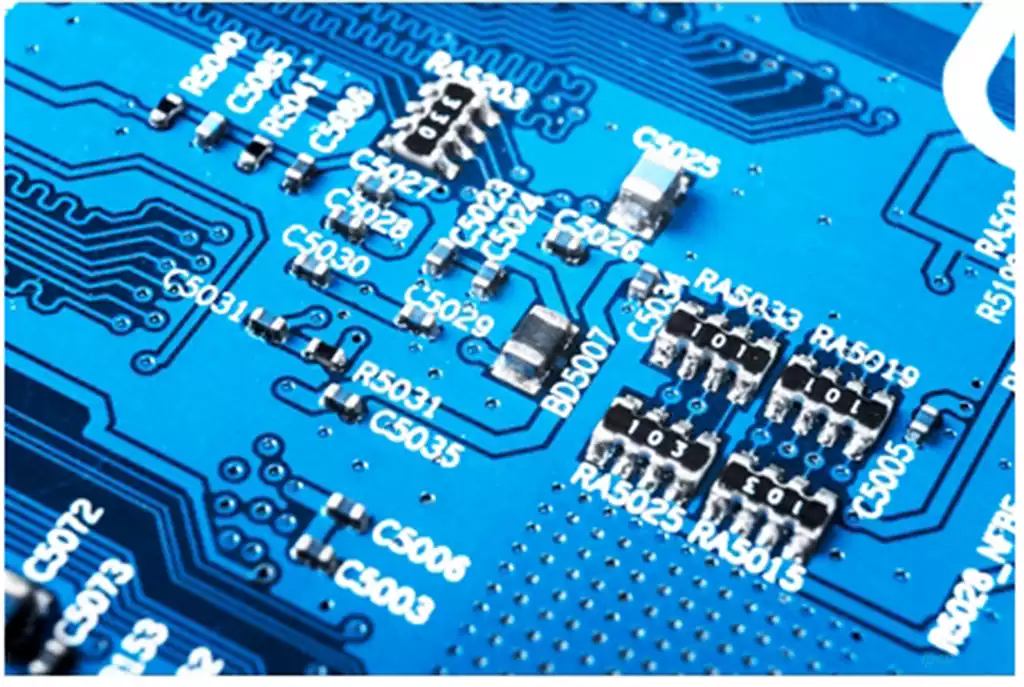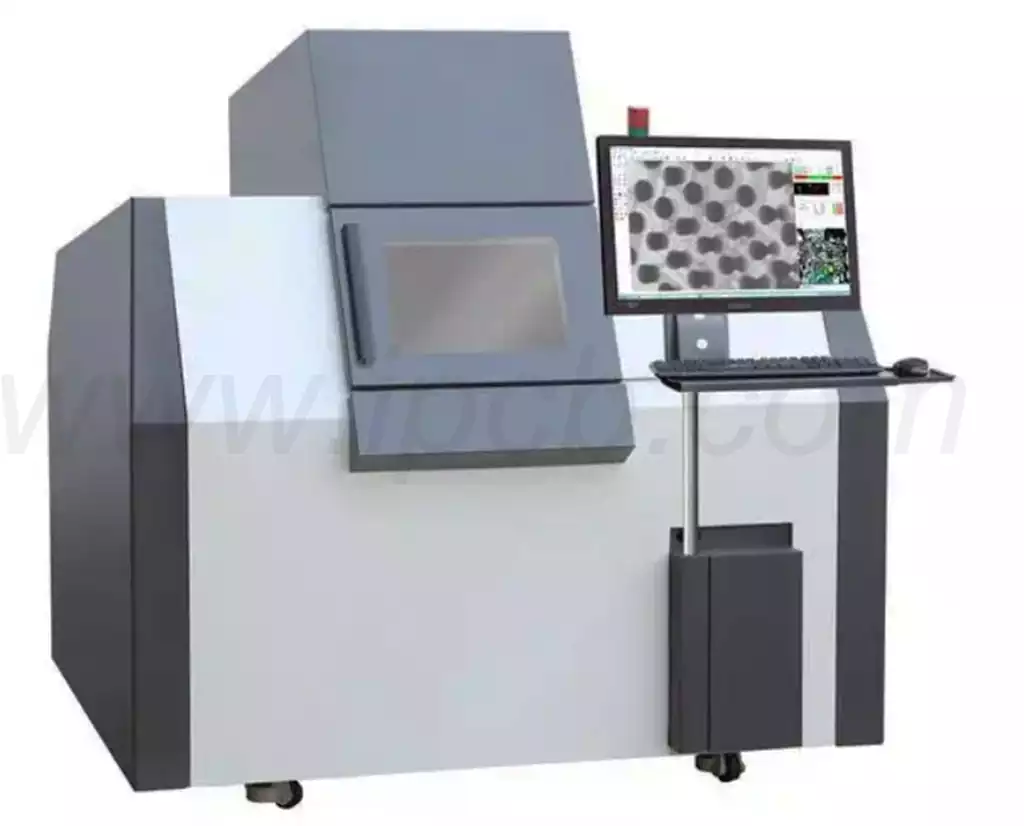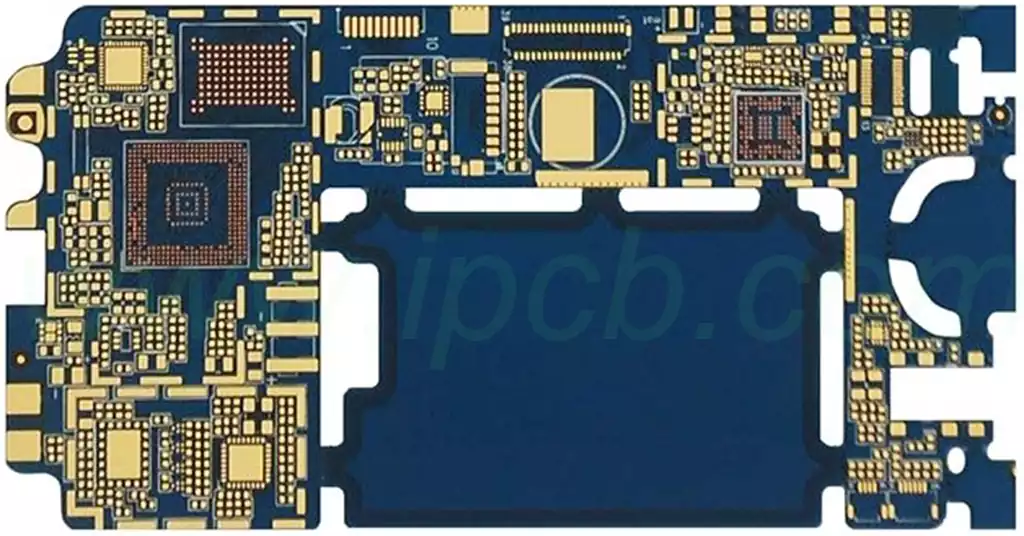Aluminium PCBA is widely used in high power density electronic devices due to its superior thermal performance and mechanical strength, but there are a number of manufacturing difficulties in its production process, which require strict process control and optimization measures to ensure product quality and performance.
Compared with the traditional FR-4 material printed circuit board assembly (PCBA), aluminium PCBA in the manufacturing process is facing a number of difficulties, which are mainly attributed to the unique material and physical properties of the aluminium substrate itself.
Thermal management: Aluminium substrates are often used in high heat generation scenarios, thanks to their excellent thermal conductivity and heat dissipation capabilities. However, this characteristic also requires fine control of thermal management on the assembly stage to prevent overheating or uneven heating of the aluminium substrate, which may adversely affect the installation of components and the quality of soldering.
Soldering process: In view of the heat conduction characteristics of the aluminium substrate, the soldering curve and process must be adjusted accordingly to adapt to the influence of the aluminium substrate on the heat distribution. Typically, solder joints on aluminium substrates require higher soldering temperatures or longer preheating times.
Mechanical handling: Aluminium substrates are harder, which makes the drilling, milling and cutting processes more demanding than with FR-4 materials. This can lead to faster drill wear and more complex machining processes.
Insulation thickness: The thickness of the insulating layer (usually the dielectric layer) of an aluminium substrate needs to be precisely regulated to ensure excellent thermal conductivity and insulation properties.
Coefficient of Expansion: The coefficient of thermal expansion of aluminium differs from that of copper and other materials used in PCBA. During thermal cycling, this difference may increase the mechanical stress between the solder joints and the components, thus affecting the reliability of the product.
Surface treatment: The surface treatment of aluminium substrates may be different from that of traditional materials, and it is necessary to select a suitable surface treatment process to ensure good soldering performance and long-term reliability.
Mounter precision: Due to the unique nature of aluminium material, automated mounter equipment may require more accurate calibration during the assembly process to achieve high-precision assembly results.
Component Selection: Considering that Aluminium PCBA may be used in high temperature environment, the selected electronic components must be able to withstand the corresponding high temperature conditions.
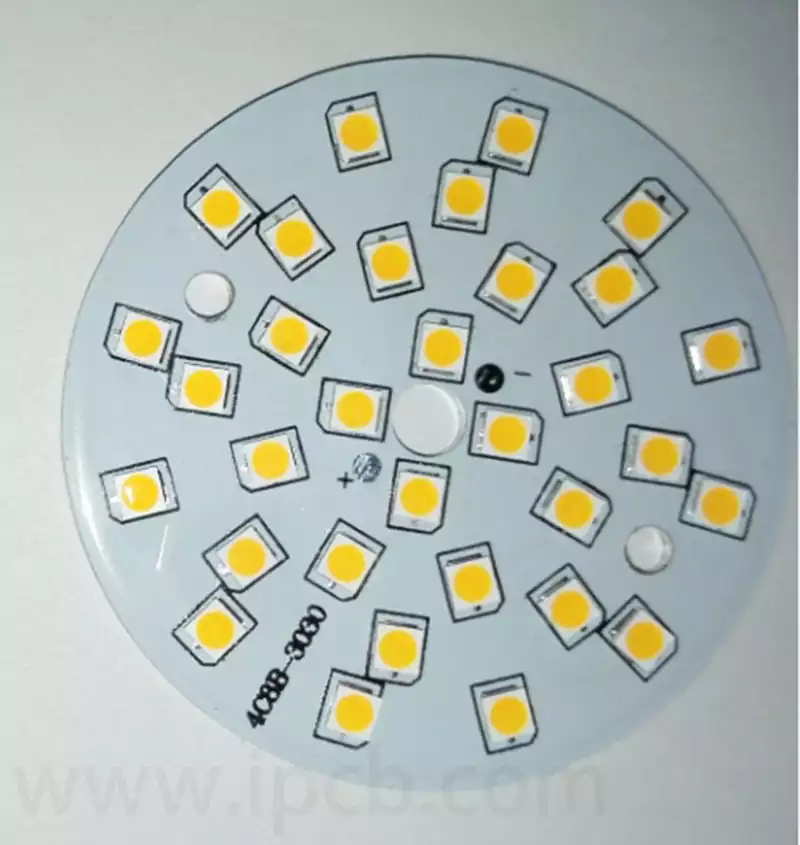
Machining difficulties and burr control
Alumina PCB in the mechanical processing links, such as drilling, milling, punching process, there are processing difficulties, easy to produce burrs. Burrs not only affect the electrical strength, but also easy to lead to the failure of the voltage resistance test. Mechanical processing parameters need to be adjusted for the characteristics of the aluminium substrate, the use of electric and professional milling cutter, and control the tool speed and feed rate, strengthen the debris cleanup, reduce material damage, to ensure that the machining of high-precision and high-quality.
Solution strategy and process optimisation
Do a good job in the design stage of thick copper foil alignment width compensation and impedance adjustment, clear etching parameters.
Adopt high quality solder resist and double printing technology, supplemented by resin filling if necessary.
Protect the aluminium substrate in the whole process, prohibit direct touching and chemical corrosion, use protective film and environmental protection operation specification.
Reasonable arrangement of mechanical drilling and milling processes, use of professional tools and appropriate processing parameters to reduce burrs and ensure the quality of the holes.
Optimisation of the welding process, selection of suitable solder and equipment for the aluminium substrate, and strengthening the stability of the solder joints.
Standardise the high-voltage testing process to ensure that the electrical performance is up to standard and to detect hidden production problems in time.
Aluminium PCBA with its thermal and mechanical strength advantages in the field of high power density electronic equipment occupies an important position, but the manufacturing process of many difficulties should not be ignored. By adopting practical and effective solution strategies and process optimisation measures in design, material selection, processing, welding and testing, we are able to ensure product quality and performance, improve production efficiency and promote the stable application and development of alumina PCBA in the field of electronic devices.
